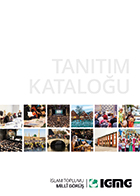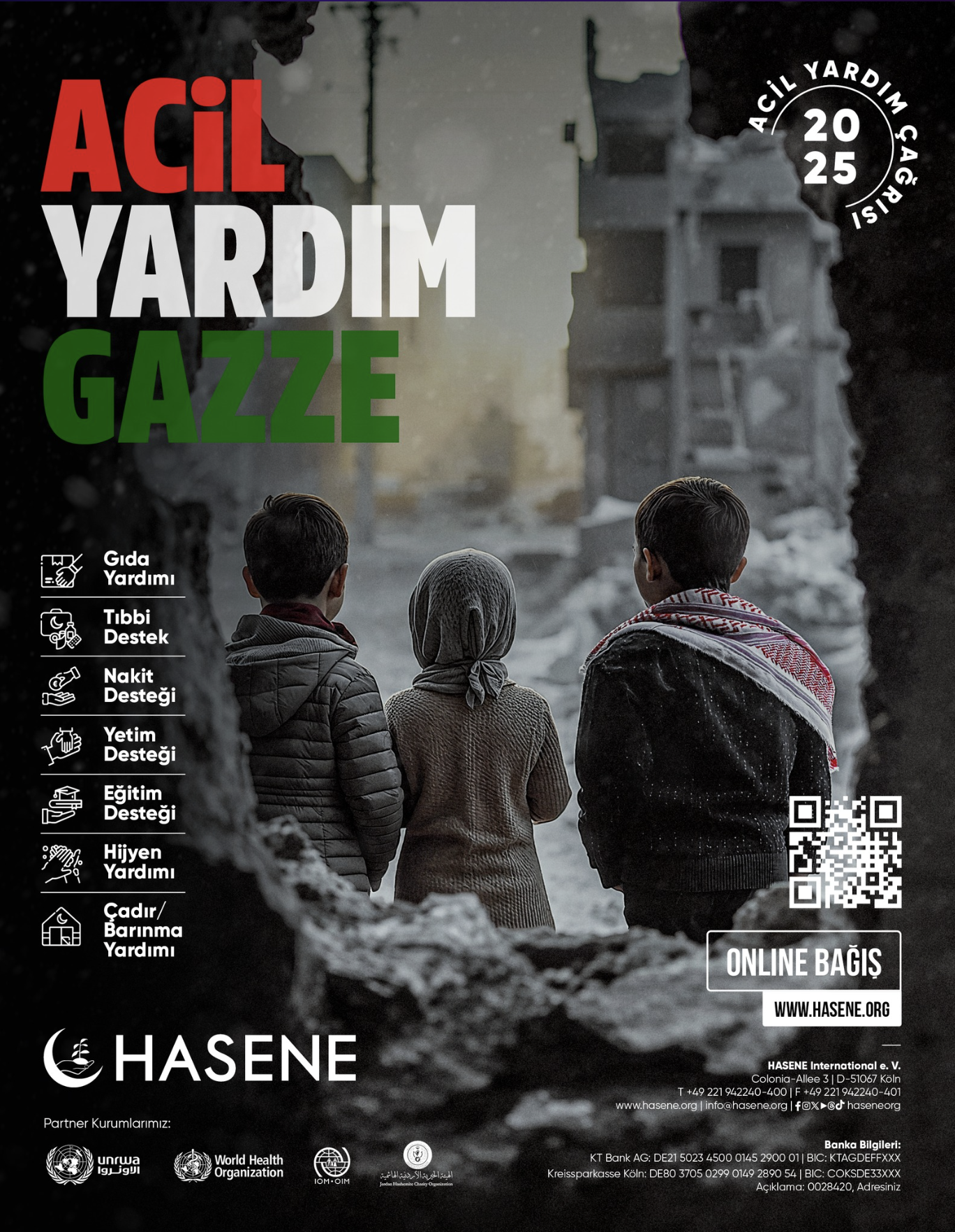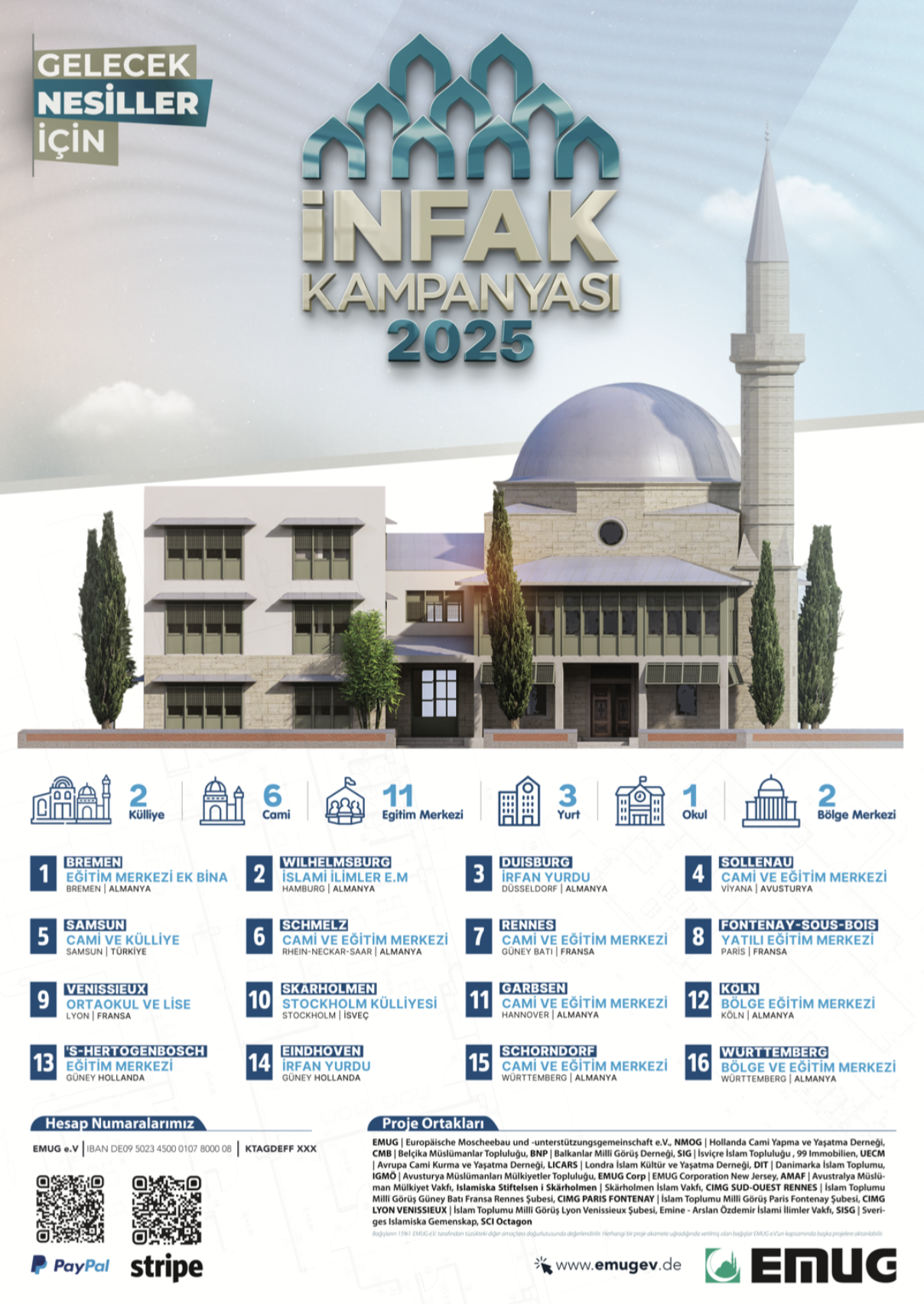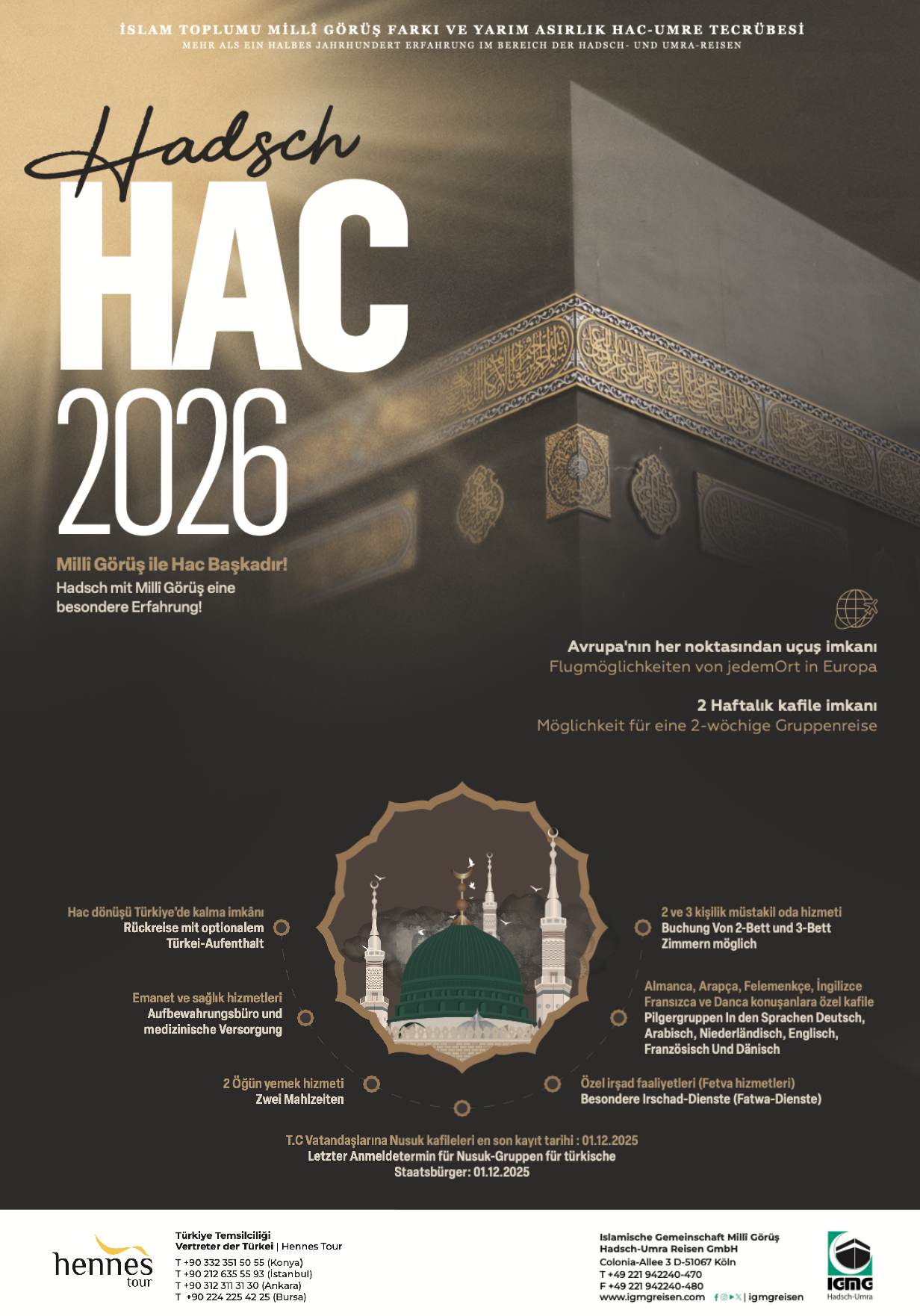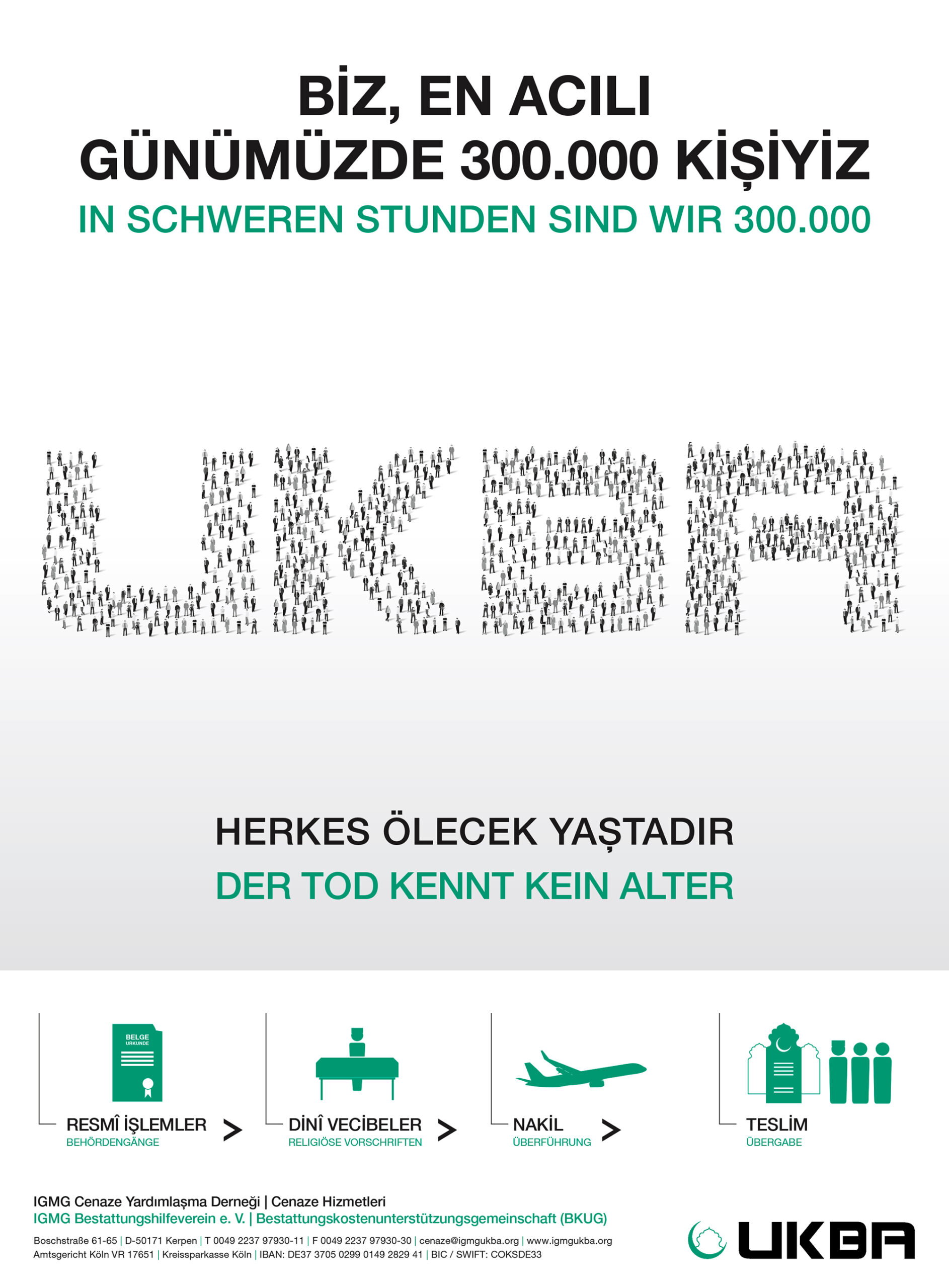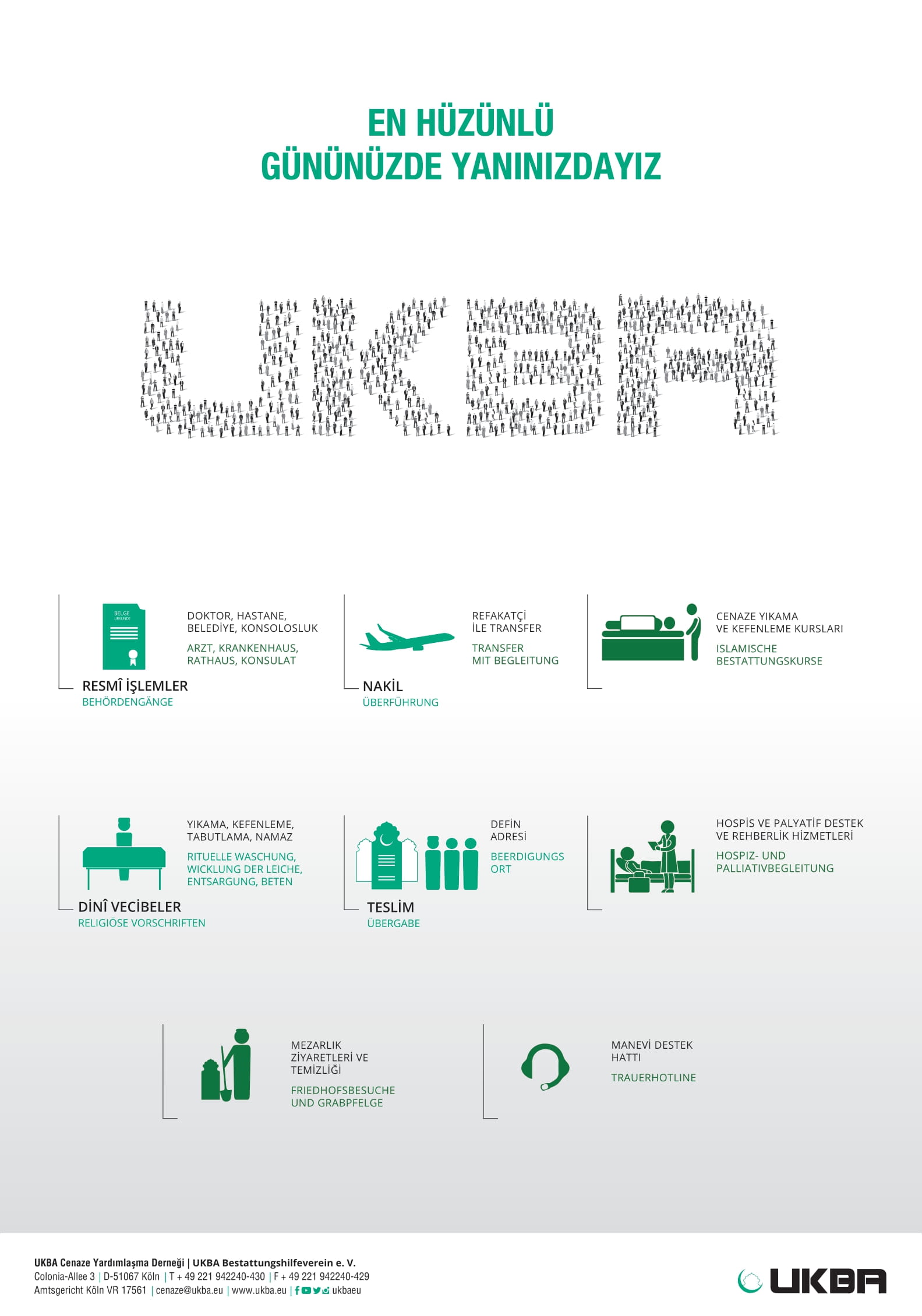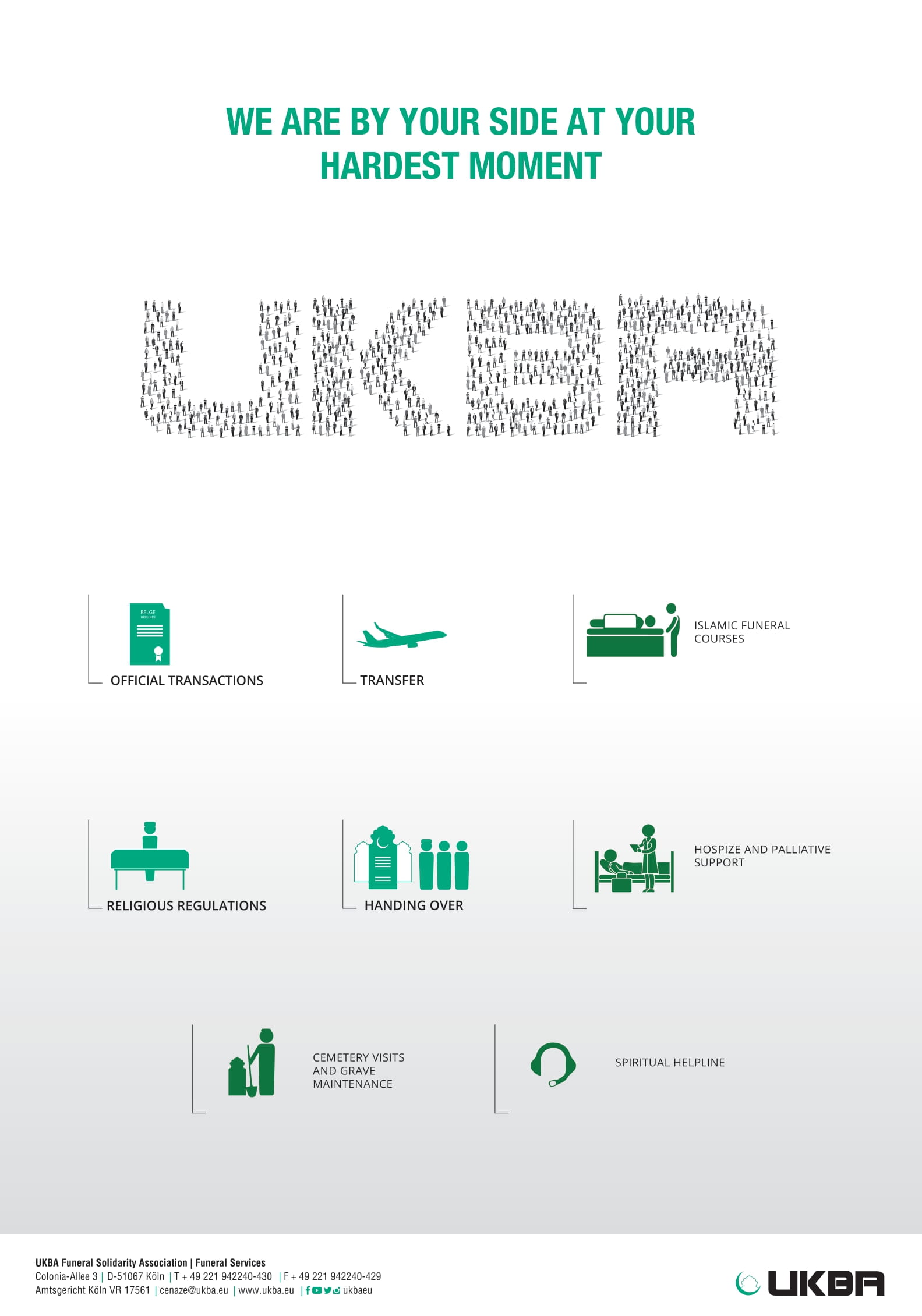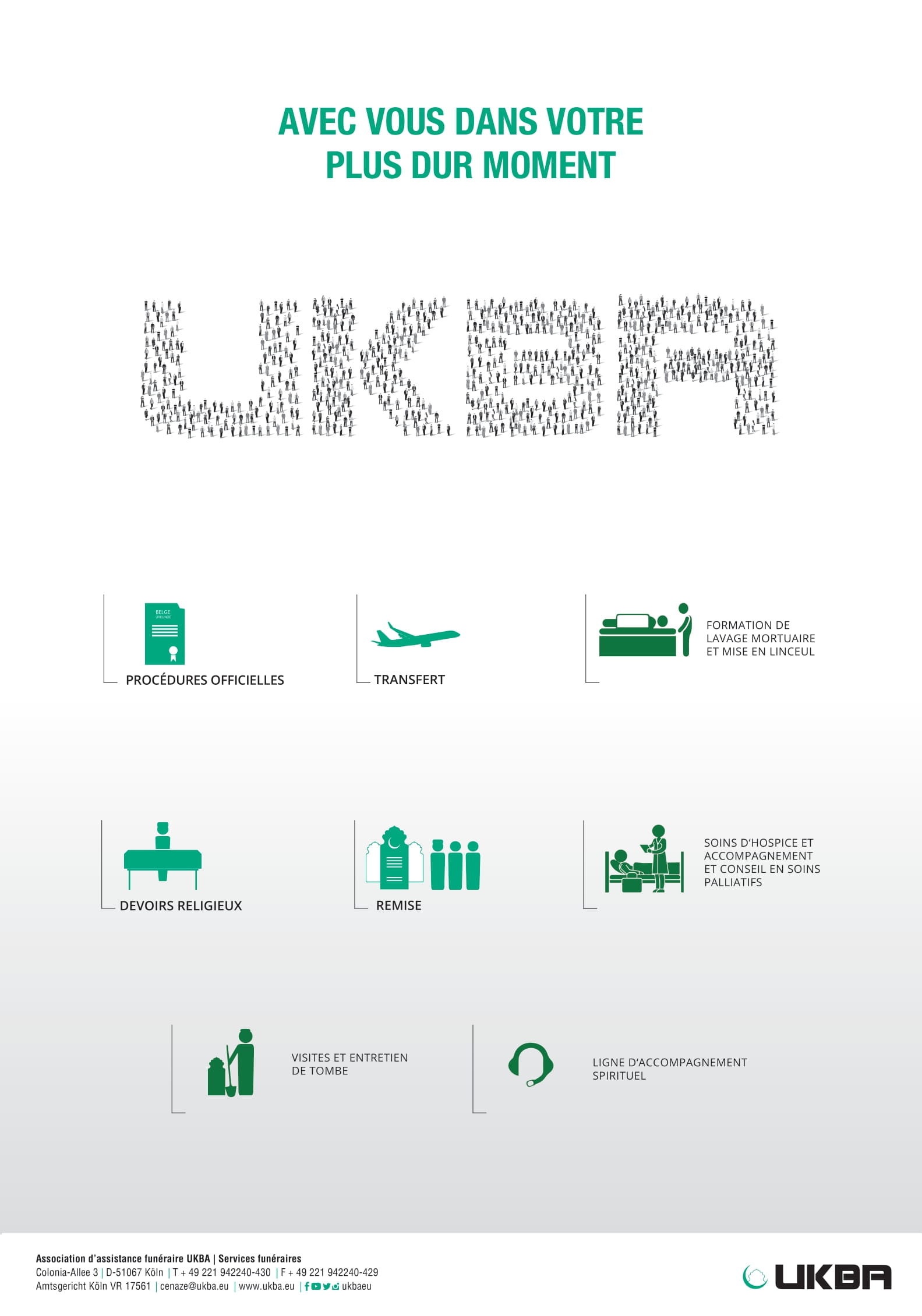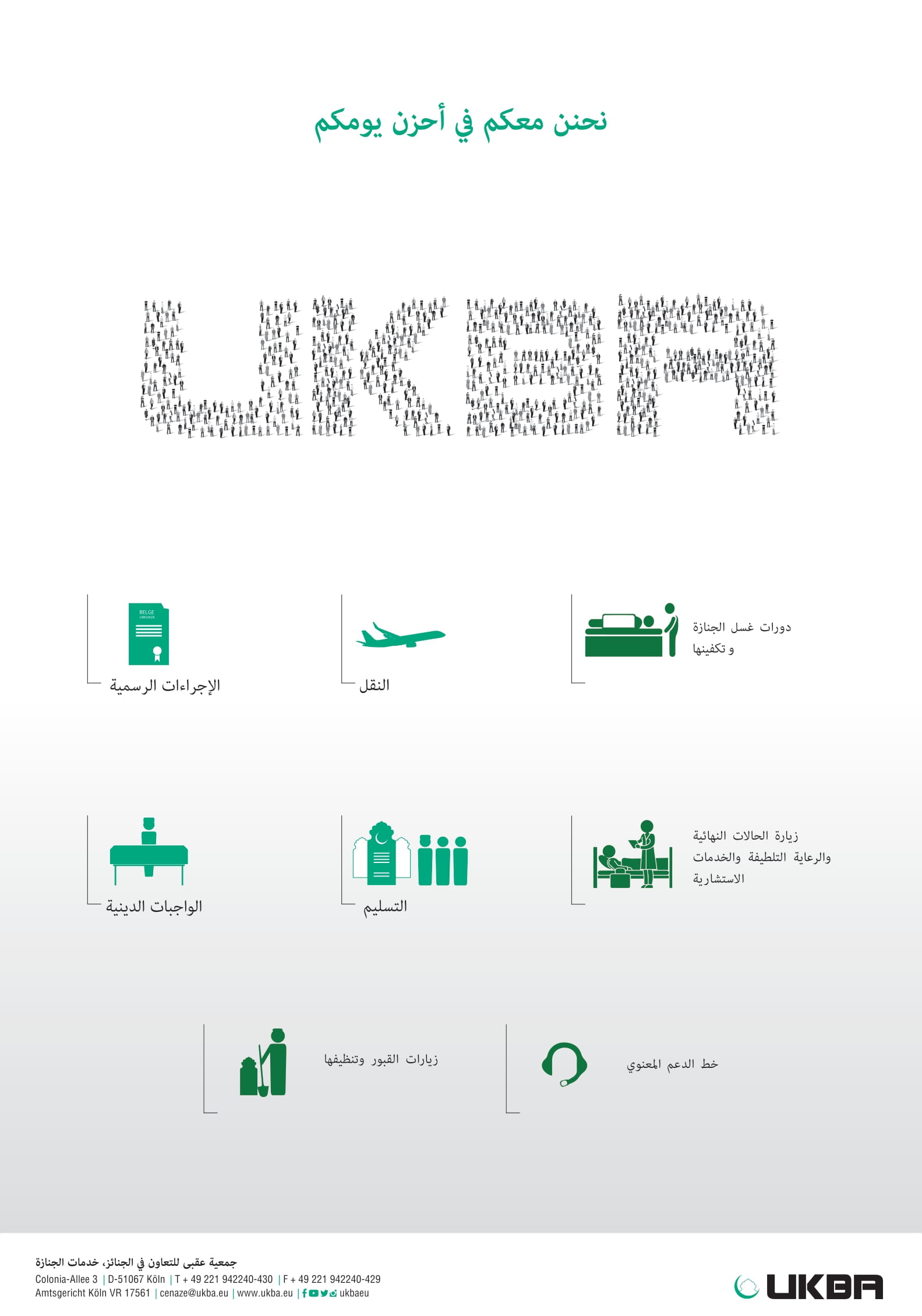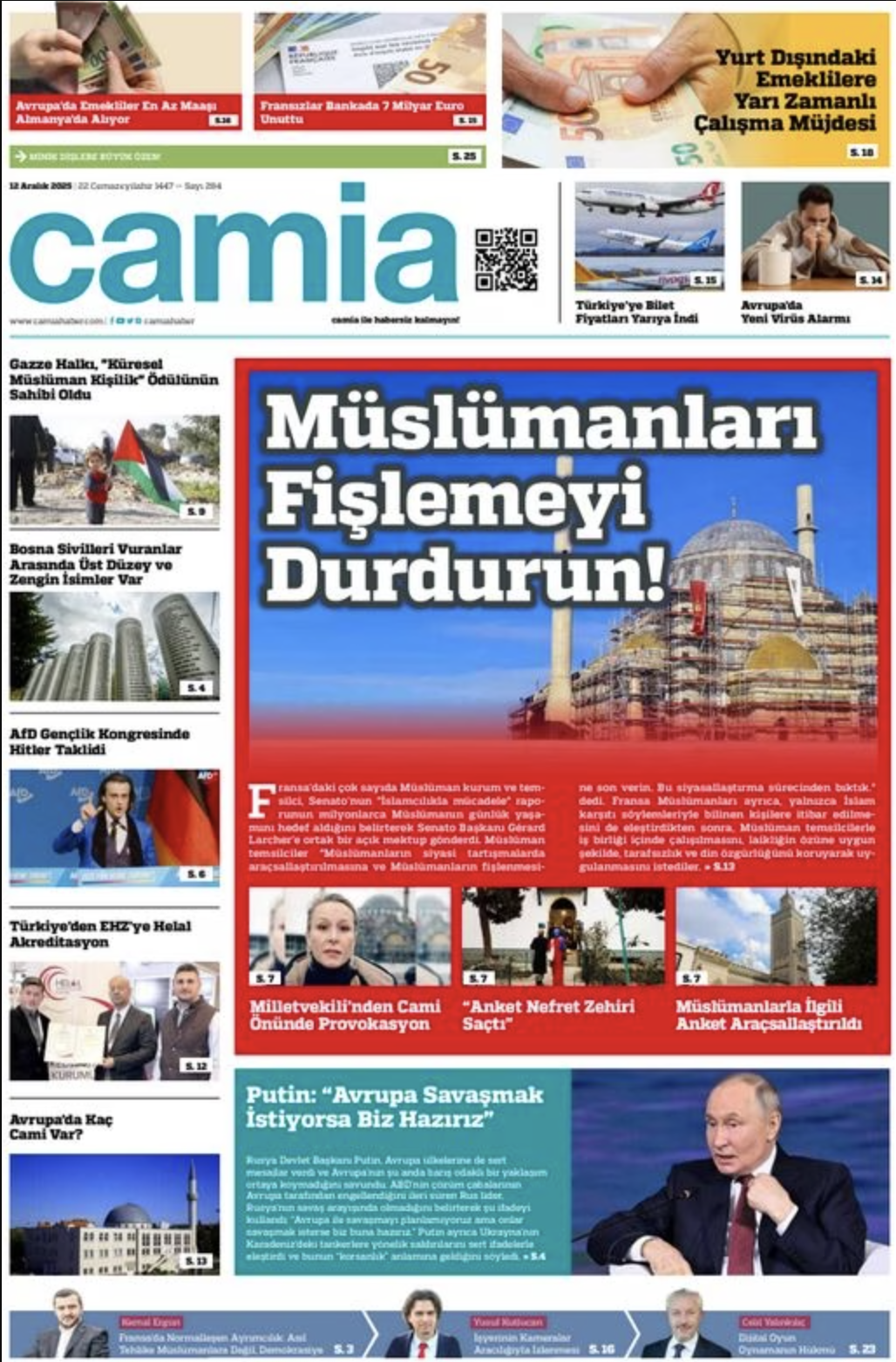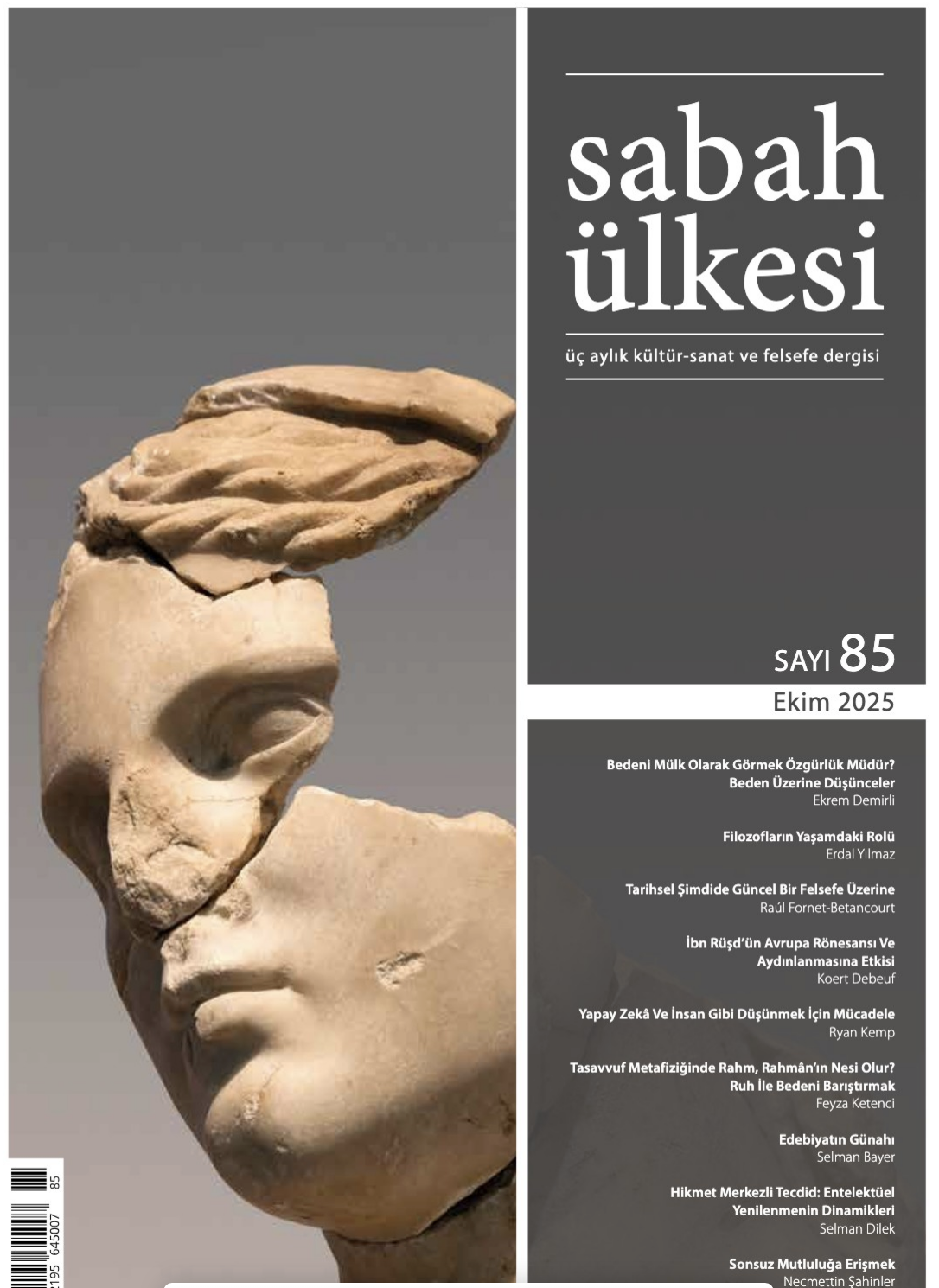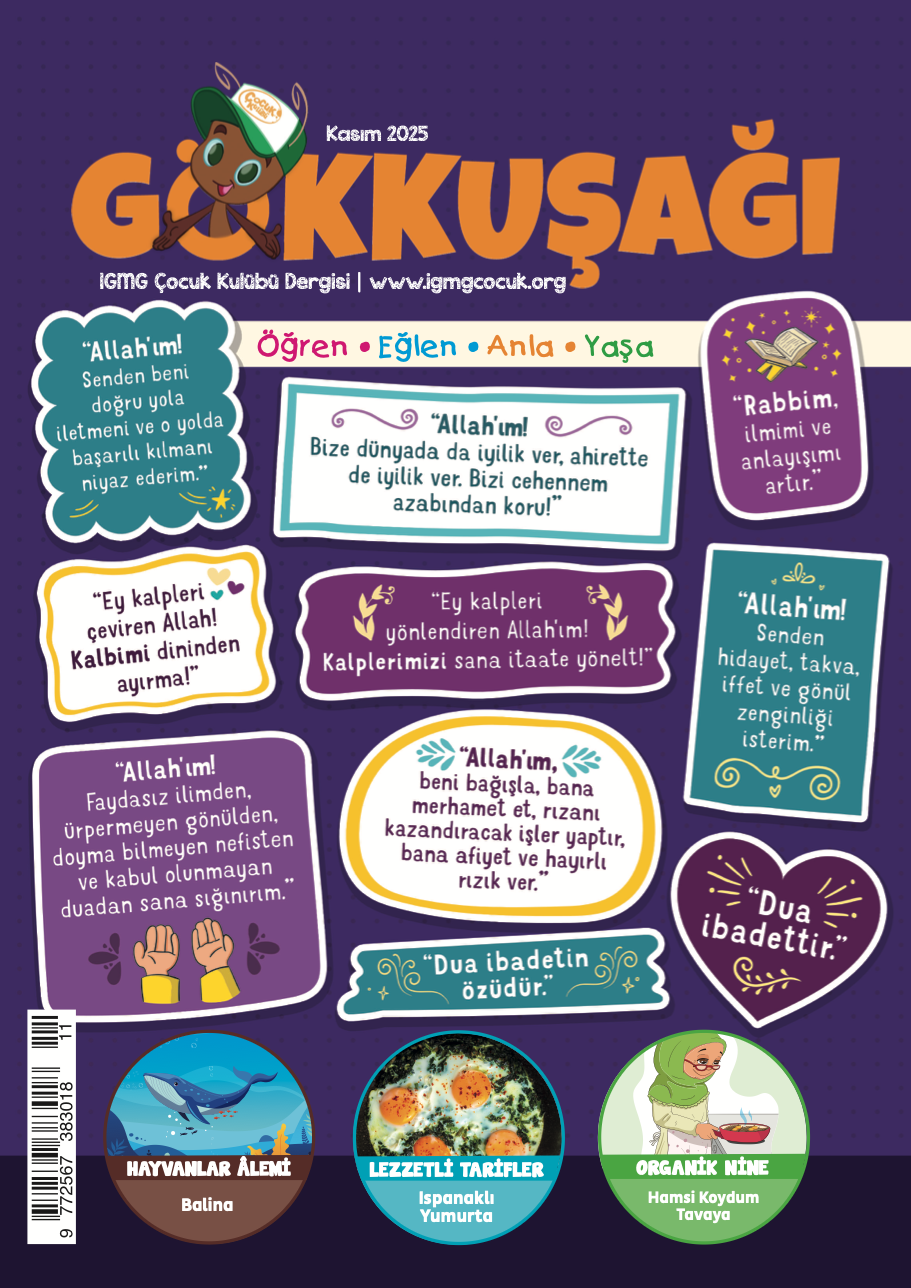Friday Khutba
Mawlid al-Nabi
12. September 2024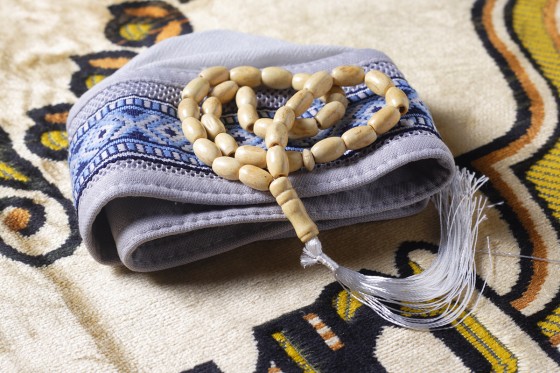
!Dear Brothers and Sisters
InshAllah, we will commemorate the 1453rd anniversary of the arrival of our prophet Muhammad (saw), the Seal of the Prophets who was sent as a mercy to the worlds, tomorrow evening in our mosques with our families. On this occasion, as I begin the khutba, I congratulate both your Jumah and the blessed day of Mawlid al-Nabi, and I pray to Allah (swt) for it to bring goodness to humanity.
Dear Brothers and Sisters!
Our beloved Prophet (saw) is the guide and remedy for happiness in both this world and the hereafter. Allah (swt) says in the Quran, “O Prophet! Indeed, We have sent you as a witness, a bearer of good news, a warner, a caller to Allah by His permission, and a shining lamp. “ Patience, perseverance, endurance in difficulties, determination, willpower and superior morals are all embodied in that Great Prophet. His words, actions and life are the most beautiful examples for us. His teachings lightened the dark world of humanity.
Dear Brothers and Sisters!
Throughout his 23 years of prophethood, moulded by revelation, our Prophet (saw) replaced idol worshipping with monotheism, injustice with justice, hate with brotherhood, ignorance with knowledge, and conflict with harmony. Through his moral conduct, such as honesty, trustworthiness, justice, kindness and generosity, he set an example and became a leader for humanity. Our Prophet (saw) stood against evils that disrupted individual and societal peace. As a result, he made the necessary important changes and in the light of revelation and with his perfect example, introduced innovations in areas ranging from family to economic, social, cultural and moral areas. In doing so, he ended a period known as the ‘Jahiliyyah,’ characterised by ignorance, idolatry, tribalism, oppression, injustice and a life lacking of peace and order.
He built a brand-new society where knowledge and wisdom, peace and tranquillity, justice, harmony, brotherhood and virtue prevailed.
Dear Jama’ah!
How much do those who are belittled and pushed aside, abandoned in loneliness, whose honour and dignity are tarnished, who have lost their humanity, and whose hearts have rusted, need to be revived by the principles of our Prophet (saw)! In this context, we should observe the following verse: “O believers! Obey Allah and His Messenger when he calls you to what gives you life.” Rasulullah (saw) invited humanity to believe in the One God and to serve only Him. His call brought life to death, justice to injustice, knowledge to ignorance, compassion to heartlessness, and peace to hate. Through him, humanity once again realised its true meaning and purpose of creation.
Dear Brothers and Sisters!
As the Ummah of Muhammad, we must never forget that obedience to the Messenger of Allah is also obedience to Allah. For as the hadith I recited at the beginning of my khutba states, the Messenger of Allah (saw) said: “Whoever obeys me has obeyed Allah, and whoever disobeys me has disobeyed Allah.” Similarly, a verse in the Qur’an supports this by saying, “Whoever obeys the Messenger has obeyed Allah.”
Dear Brothers and Sisters!
Both as individuals and as a society, we must take our Prophet Muhammad (saw) as an example in all our affairs. It is not enough to merely remember him or to send prayers and peace upon him; his teachings must be applied to every aspect of life. He conveyed the revelation, explained it, embodied it and implemented it in life. Today, humanity’s salvation from its material and spiritual troubles can only be achieved by understanding and applying his messages. To revive future generations, we must understand, convey and live by the teachings of the Messenger of Allah (saw).
Let us conclude the khutba with the words of our Prophet (saw): ‘I am the prayer of my father Ibrahim, the good news of my brother Isa, and the vision of my mother Amina.” May prayers and salam be upon our Prophet (saw) and all the prophets.
1 Surah Al-Ahzab, 33:45-46
2 Surah Al-Anfal, 8:24
3 Müslim, İmâre, 33
4 Surah An-Nisa, 4:80
5 Müsned, 4/127
Khutba – english
Khutba – turkish
Khutba – german
Khutba – arabic
Khutba – french
